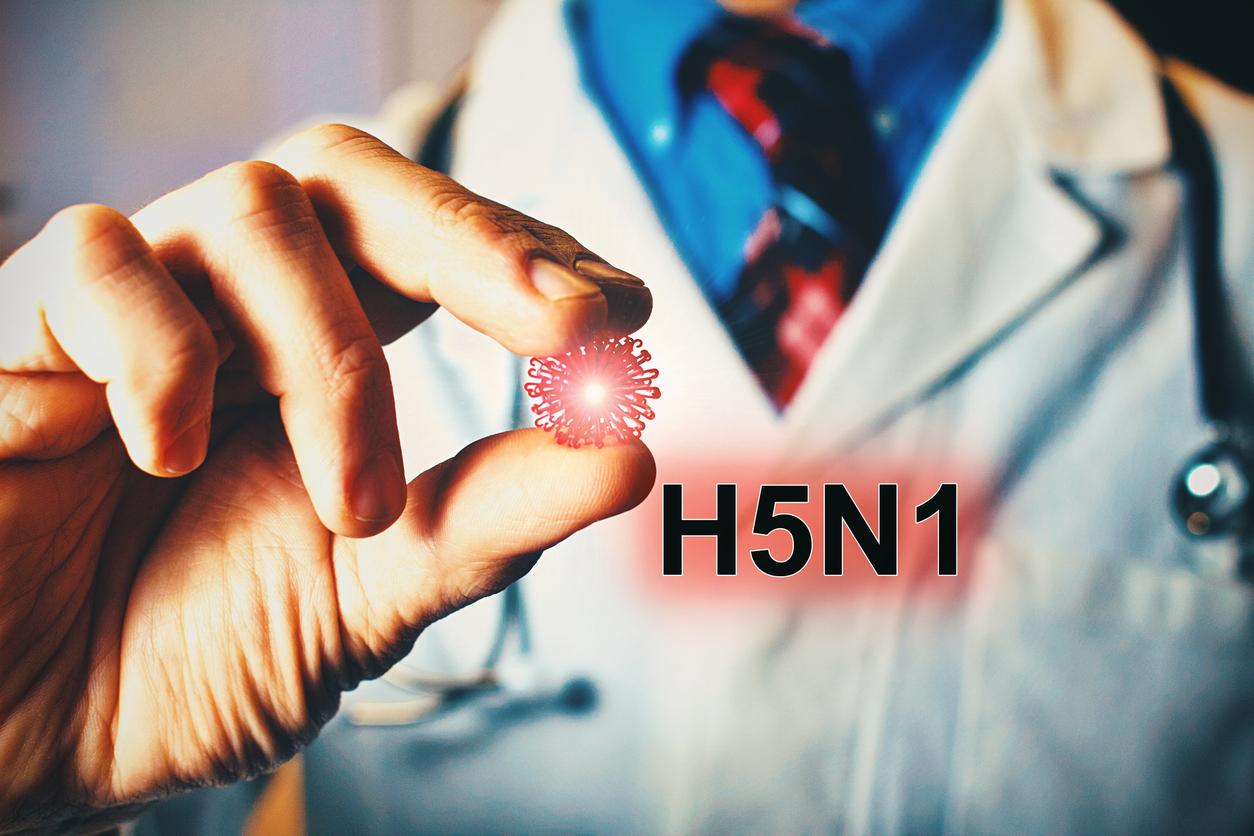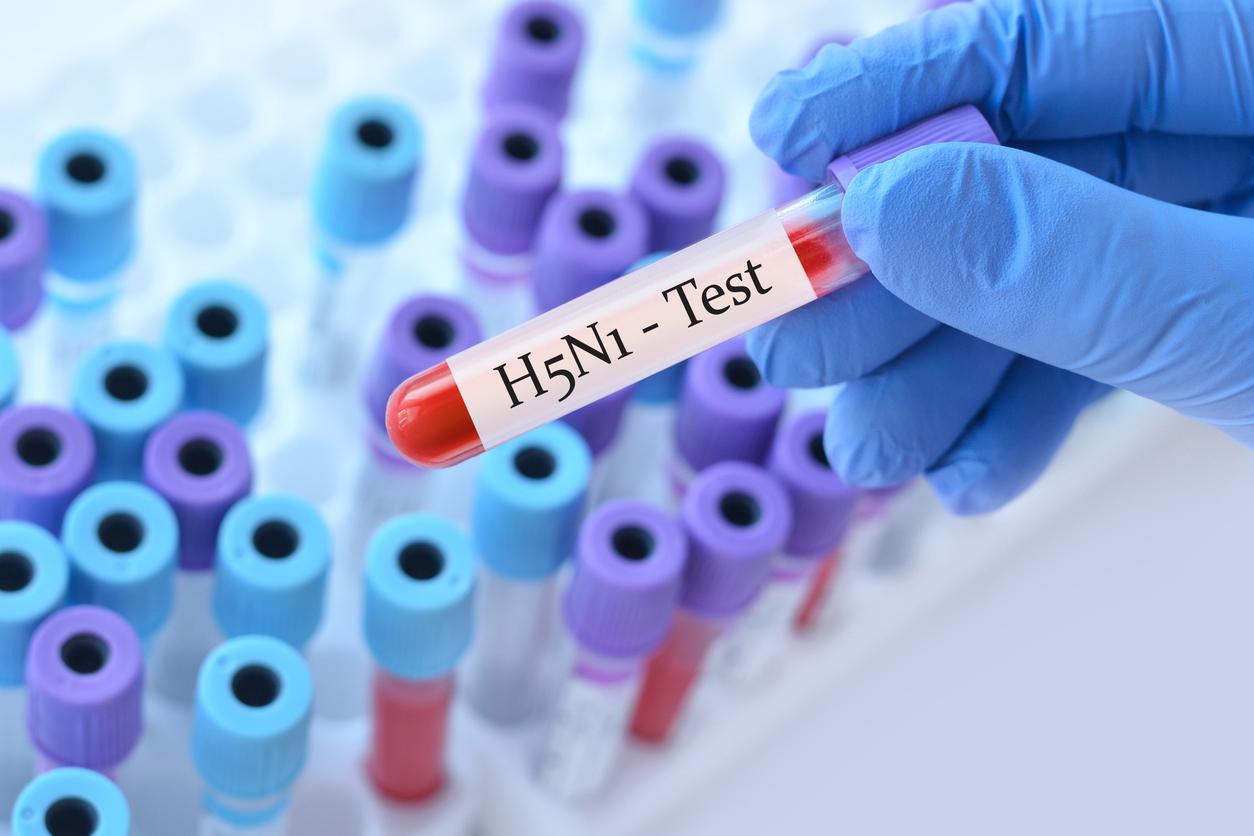Researchers at University College London have discovered why treatment targeting non-small cell lung cancer does not work in some patients, including non-smokers.

- Lung cancer cells with two specific genetic mutations are more likely to double their genome, a study finds.
- Which leads tumors to resist treatment and develop resistance to it.
- Scientists are already looking to develop a common diagnostic test to detect EGFR and p53 mutations.
Non-small cell lung cancer (NSCLC) accounts for more than 8 in 10 malignant lung tumors. Survival rates vary depending on how advanced the disease is when it is diagnosed. One treatment for NSCLC targets the EGFR mutation, which is known to be a risk factor. While effective in some patients, the drugs do not work in others, particularly those with an additional mutation in the p53 gene (which plays a role in tumor suppression) and those who have never smoked.
Researchers from the Cancer Institute and the Francis Crick Institute at University College London wanted to understand the origin of these differences in prognosis with this type of lung cancer.
Lung cancer: EGFR and p53 mutations reduce survival
To study why some non-small cell lung cancers were resistant to treatment, the team repeated a study of EGFR inhibitors. Participants either had the EGFR mutation alone, or both the EGFR mutation and the p53 mutation. By analyzing tumor scans, the researchers confirmed that in patients with only the EGFR mutation, all tumors shrank in response to treatment. But for those with both mutations, while some tumors shrank, others grew. This indicates drug resistance.
In a second step, the researchers studied mice carrying the EGFR and p53 mutations. They found that in the resistant tumors, more cancer cells had doubled their genomes. They had extra copies of all their chromosomes.
The scientists then exposed the lung cancer cells—some with just one EGFR mutation and others with both—to an EGFR inhibitor. They found that within five weeks of receiving the drug, a significantly higher percentage of cells with both the dual mutation and the dual genome had multiplied into new, drug-resistant cells.
“We have shown why having a p53 mutation is associated with poorer survival in patients with non-smoking lung cancer. It is the combination of EGFR and p53 mutations that promotes genome doubling. This increases the risk of developing drug-resistant cells due to chromosomal instability.”explains Professor Charles Swanton of the UCL Cancer Institute and the Francis Crick Institute in a communicated.
Non-small cell lung cancer: screening for both mutations
Faced with their discovery presented in the journal Nature Communications On June 13, 2024, British researchers believe that it would be interesting to screen patients with non-small cell lung cancer with EGFR and p53 mutations. They are therefore working on the development of a common diagnostic test for both mutations.
“Once we can identify patients with both EGFR and p53 mutations, whose tumors have whole-genome doubling, we can then treat these patients more selectively. This could mean more intensive monitoring, early radiation or ablation to target resistant tumors, or early use of combinations of EGFR inhibitors, such as osimertinib, with other drugs, including chemotherapy.”says Dr Crispin Hiley of the UCL Cancer Institute.

















